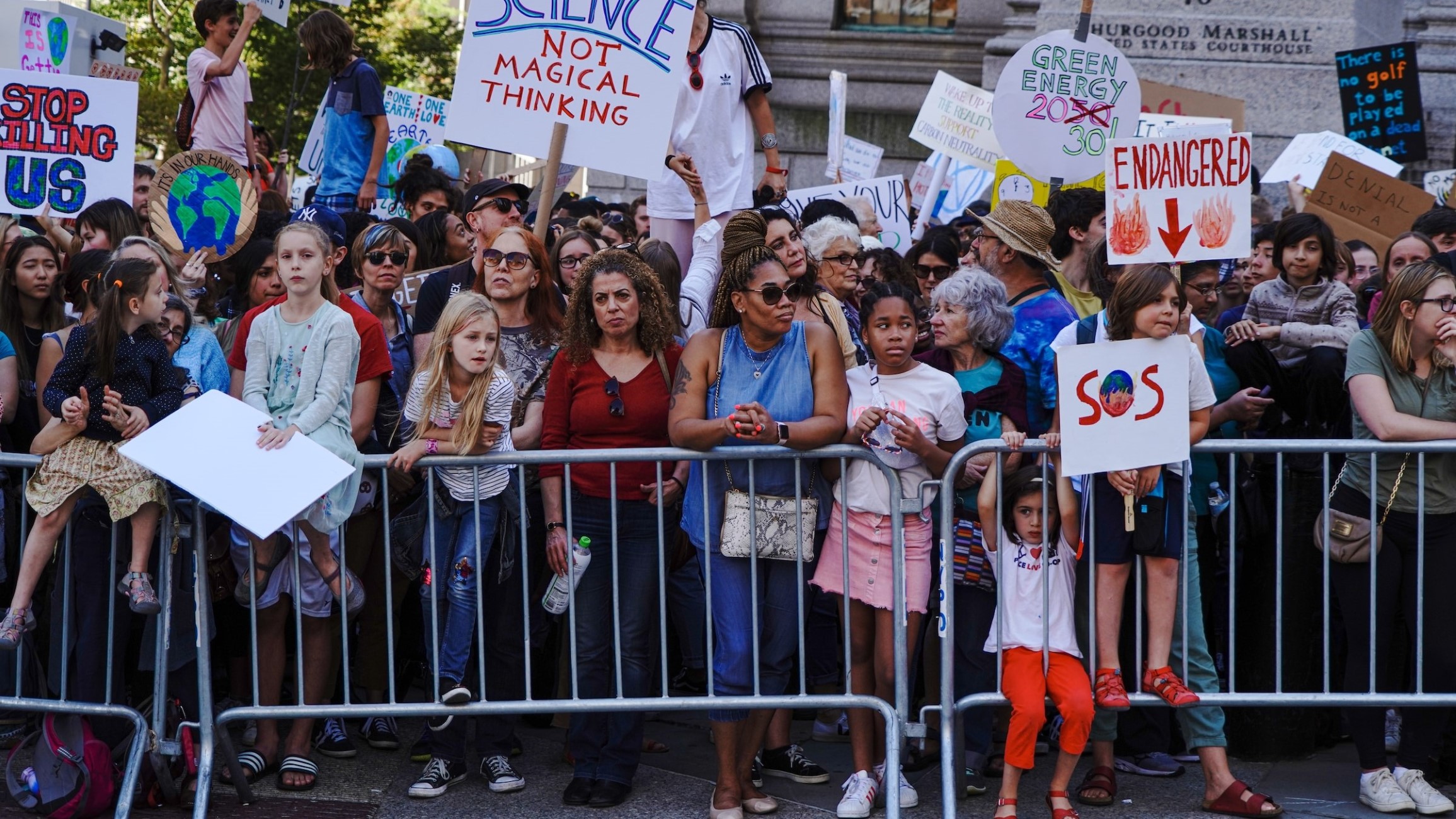
Breaking Barriers: Women, Money, and Politics in 2024
Introduction
Welcome to a vital discussion on gender representation in political financing, spotlighted by the innovative research conducted at Rutgers University. The report titled Women, Money, & Politics Watch 2024, spearheaded by senior scholar Kira Sanbonmatsu, delves deep into the discrepancies in campaign contributions from women compared to their male counterparts. The study aims to illuminate the factors that affect women’s political participation and their role as financial backers of candidates.
 An insightful exploration of women’s roles in political financing.
An insightful exploration of women’s roles in political financing.
The Significance of Campaign Contributions
Political campaign contributions are a powerful means through which individuals influence representation and policy. Women’s under-representation as donors raises crucial questions about whose voices are heard in the political arena. According to Sanbonmatsu, “One of the early findings in our research project shows that women are providing less in total contributions to congressional candidates compared to men. When men out-give women in campaign contributions, this means that women’s voices are less likely to be heard in American politics.”
The Role of Technology in Research
This groundbreaking study benefits from advanced technology through the collaboration with the Office of Advanced Research Computing (OARC). Utilizing the Amarel supercomputer has enabled the researchers to analyze large data sets effectively and more efficiently than previous methods. As highlighted by Travis Williams from OARC, the automation of research processes has significantly improved data handling through novel coding solutions that match campaign finance databases with unparalleled accuracy. The deployment of Python programming has become an integral part of the project, showcasing how technological advancement can bolster social science research.
Harnessing supercomputing power for social research.
An In-Depth Examination
The report provides a live, interactive examination of campaign contributions across ten key states. In addition to gender, the research expands its lens to demographic factors such as race, ethnicity, and party affiliation. This holistic approach highlights intersecting dynamics that contribute to the landscape of political funding and representation.
The ongoing analysis aims to collect further data as the election cycle approaches, including a planned rollout of a national overview of congressional election financing across all states. This expansion is crucial for a comprehensive understanding of donor demographics in political fundraising.
Interactive Research Tools
To further engage the public and researchers alike, tools such as The State View and Donor Gaps provide users with direct access to the data. This transparency encourages a broader dialogue about the importance of financial contributions in elections and the obstacles faced by potential female donors. An innovative addition to the report will be The National View, which is anticipated to launch in August, offering an exhaustive perspective on congressional elections across all 50 states.
 Women taking charge in the political arena.
Women taking charge in the political arena.
Bridging the Gap
The challenges identified in this report underscore the need for initiatives that foster women’s participation not only as voters but as influential contributors to the political discourse. Addressing disparities in campaign financing is essential for a balanced representation that reflects the diversity of the electorate. Organizations like the Center for American Women and Politics are vital in advocating for increased awareness and action on these issues. The future of American politics relies heavily on the collective efforts of individuals willing to challenge the status quo and push for equitable representation.
As Kira Sanbonmatsu emphasizes, “Amarel is an amazing resource available to researchers at Rutgers, and I think more individuals should take advantage of it.” This sentiment resonates beyond academia; it serves as a call to action for activists, scholars, and policymakers alike to harness technology in a way that empowers marginalized voices.
Conclusion
The findings from the Women, Money, & Politics Watch 2024 report serve as a crucial wake-up call. They remind us that while we have made strides toward achieving gender equality in many spheres, significant gaps still remain, particularly in the realm of political financing. Empowering women to play a pivotal role as donors is vital for a healthier democracy that truly represents its citizens. As we move forward, it is essential to keep these discussions alive and to continue advocating for structural changes that promote equity in all aspects of political engagement.
 The future of political participation depends on equitable representation.
The future of political participation depends on equitable representation.
To explore more, visit the CAWP website for additional resources on women’s political participation and the comprehensive findings from the report.











